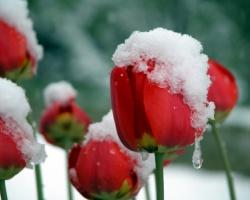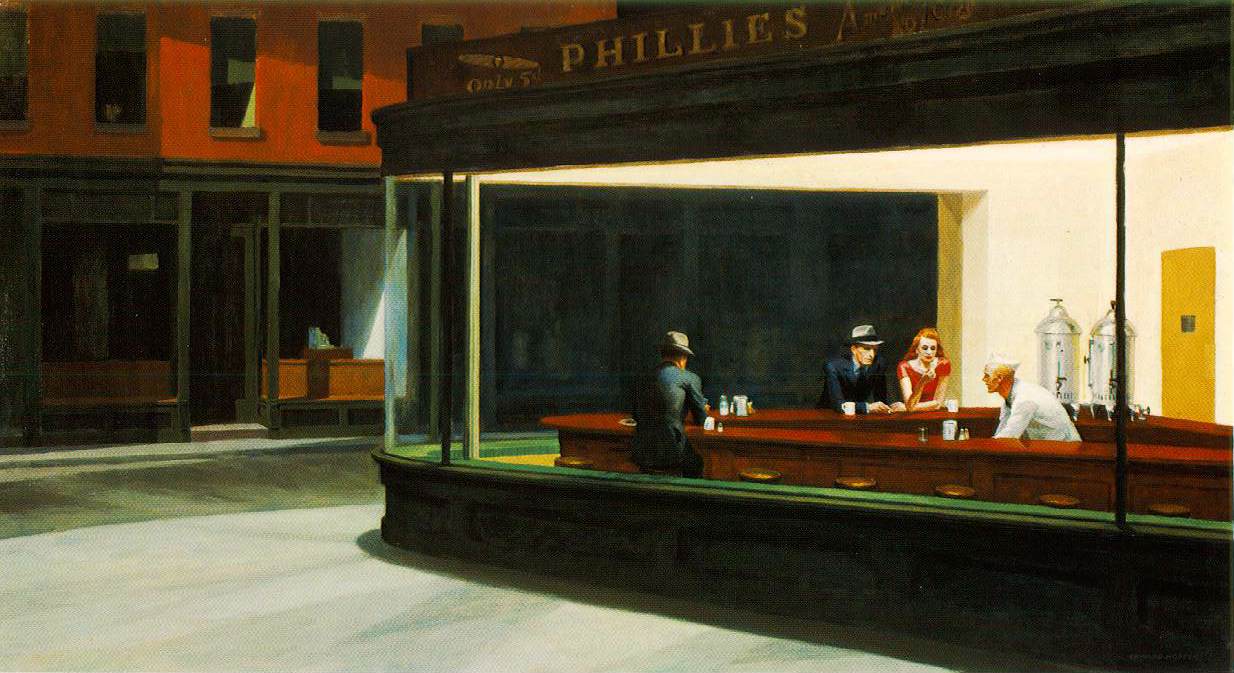Over the weekend, I had the opportunity to “converse” with a fellow who told me the following things:
· the Federal Reserve Bank is unconstitutional and we should return to a gold standard for the issuance of money;
· Barack Obama hates America, is not a Christian, and was born in Kenya;
· the uprisings in Egypt, Tunisia and elsewhere in the Arab world are orchestrated, through manipulation of the Internet, by European banks.
Call me strange, but I find blowhards entertaining. For a while anyway. The secret is to let them talk, defer to them, throw them a question or two that panders to their need to be “expert” on whatever. And they really are expert, ready to call up fact upon fact that the benighted rest of us have missed. Regarding the last, fantastical point about the Arab uprisings, the Bank of England figured heavily. Apparently it “owns” Google. Who knew?
Now, I should say that regarding the Federal Reserve and the gold standard, I am agnostic. And I gather there are “respectable” financial types—though I believe they are in the minority—who favor a return to the gold standard. My companion clearly knew a lot about this topic, and I was happy to play the interested but uninformed one, eager to understand. From there, though, he moved on to the corruption of American politics generally (and especially of the Democratic Party), and to the uniquely lurid character of the current President. Did I mention he believes that Obama is a communist? Or was it a fascist?
It goes without saying that any attempt to argue these points—the President’s love of country; his birth and citizenship; his religious faith; the difference between a left-of-center establishment American politician and a communist or a fascist—ran up against a wall of certainty. I didn’t really get a word in edgewise, which partly explains why I didn’t ask this gentleman what he thought about 9/11—something I very much wish I had. Because although he was obviously, transparently, a person “of the right” (Tea Party, Glenn Beck) his political alliances with the actual, real world as we know it are beside the point. “Birthers,” convinced that Obama is not an American, and “Truthers,” convinced that 9/11 was an inside job, probably do not in most cases occupy the same political territory, but they have more in common than they know, and what they share in common is a theology of political paranoia.
In the 1988 novel, “Libra,” Don Delillo weaves a fictional (but chillingly believable) account of a conspiracy behind the assassination of JFK involving embittered CIA veterans of the Bay of Pigs, Cuban exiles, mafia types and assorted right-wing lowlifes. In style and content it is very much about paranoia. All of the real life figures who were accessories in the assassination drama and who have figured in various conspiracy theories make an appearance. Among them is the gruesome David Ferrie. In a grim New Orleans bar he gives voice to the theology of Birthers and Truthers (and, for that matter, assassination conspiracy buffs) everywhere.
“There’s something they aren’t telling us,” he whines. “Something we don’t know about. There’s more to it. There’s always more to it. This is what history consists of. It’s the sum total of all the things they aren’t telling us.”
Of course, skepticism is an entirely healthy and intelligent and necessary stance toward authority, always and everywhere. There is something salutary about the bumptious libertarianism, the don’t-tread-on-me spirit that characterizes American populism. And I think it was Harry Truman who said something about pitying the poor bastard who read the headlines in the newspaper and believed he knew the whole truth about things.
But what is noticeable about Birthers and Truthers is not so much their skepticism as their credulity; after all, it’s not what they doubt that they assert with such vigor, but what they absolutely ,positively know to be true. Only think about what Truthers must believe, the lengths to which they must go, to accept that 9/11 was an inside job, let alone what you have to believe to think that the Arab uprisings have been orchestrated by European banks, eager to bring about a new world order.
Now the suspicions about the President’s birth and citizenship, however insupportable (see http://www.factcheck.org/elections-2008/born_in_the_usa.html), at least have the merit of being charges that can be objectively fact-checked and refuted. Speaking as one who voted for Obama, likes and admires him, I will say that he is a most ambitious individual and no doubt very narcissistic (but, please, name a successful politician who is not). One can imagine that an uncommonly ambitious and narcissistic individual might try to airbrush out of existence certain inconvenient facts in an “unconventional” background. Healthy skepticism might allow you that much. But having imagined it, you then move on to the available facts and drop it when the facts exhaust your skepticism.
Unless you have a willful, entirely credulous determination to believe the worst about the man. Which brings us to the charge that he “hates America”? Never mind evidence to the contrary, what exactly does it mean to love one’s country and how would this be measured? It’s a charge that exists wholly in the mind of the believer, and is immune to criticism or proof.
Incidentally, a lot of conservative types, who won’t stoop to saying anyone hates America, have taken this cudgel up in the form of “American exceptionalism.” Here is a prediction—this is going to be a theme in the 2012 presidential election. Do you think America has an exceptional role in history? It might not be boring, and could be quite interesting to hear candidates say what they think is exceptional about America (and what isn’t) and what they think being exceptional means, and what kinds of burdens and responsibilities it places on us. (Of course, we could end up in the familiar territory of rigged election rhetoric if the question gets boiled down to “Is America the greatest country in history?” with one permissible correct answer—“Yes! Yes! Yes!”)
There are many people who dislike the President and distrust his vision for this country for entirely legitimate political reasons. But I am convinced there is also a strain—I don’t know how deep and wide—of opposition to the man that is wholly irrational. People on the left are quick to cry racism, as if it were the only form of unreason. But there are other forms as dangerous. There is, for instance, a certain kind of character who cannot stand the sight and sound of someone better, someone who reminds them too vividly of the pedestrian lives most of us live. Listen to this, again from Delillo’s novel, this time in the mouth of the real life right wing agitator Guy Bannister, grinding his teeth about JFK.
“We’re supposed to believe he’s the hero of the age. Did you ever see a man in such a hurry to be great? He thinks he can make us a different kind of society….We’re not smart enough for him. We’re not mature, energetic, Harvard, world traveler, rich, handsome, lucky, witty. Perfect white teeth. It fucking grates on me just to look at him. Do you know what charisma means to me? It means he holds the secrets…..There is not the slightest doubt in my mind but that a movement exists in the executive branch of the government which is totally devoted to furthering the communist cause.”
It’s tempting to think that political paranoia of this sort is a modern phenomenon. Certainly, the Intenet has helped to diffuse authority, so that anyone can find a “definitive” source for almost anything they want to believe. But there is some comfort in knowing that the “paranoid style in American politics”—as Richard Hofstader’s 1964 article of the same name in Harper’s Magazine points out—has a rich and vivid history. International bankers, Jesuits, Masons, and munitions makers, to name a few, have been among the targets. (http://www.kenrahn.com/jfk/conspiracy_theory/the_paranoid_mentality/the_paranoid_style.html). Whether the politically paranoid line up with the right or the left, the messy and ambiguous politics of the known world—where the whole truth is never known—are really beside the point. Indeed, their certainties may be an attempt to escape from a reality that is far too random and incoherent to bear. But it cannot be a painless escape. “We are all sufferers from history,” Hofstader wrote, “but the paranoid is a double sufferer, since he is afflicted not only by the real world, with the rest of us, but by his fantasies as well.”


